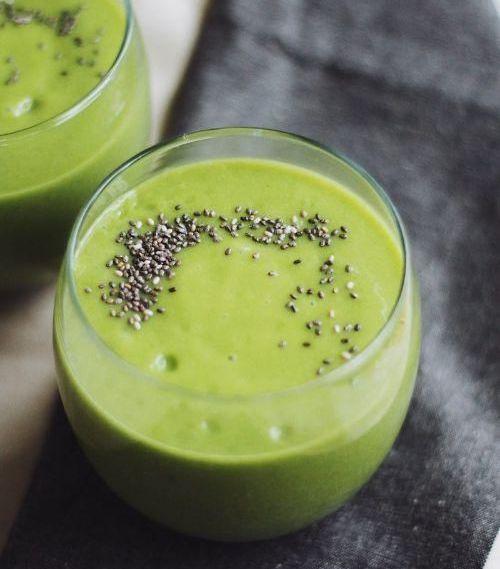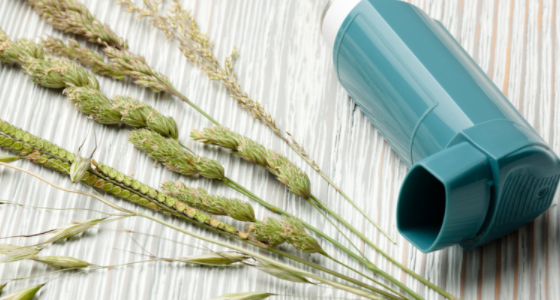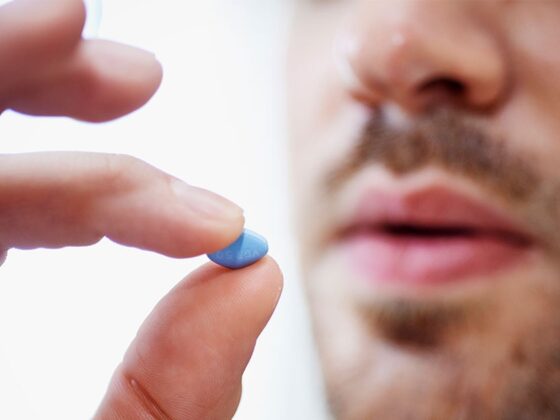The importance of potassium is highly underestimated. It is an electrolyte because when dissolved in water, it produces positively charged ions and conducts electricity, which is vital to the operation of our bodies. They play a role in conducting nervous impulses, contracting muscles, keeping you hydrated and regulating your body’s pH levels. As a nutrient, it helps reduce blood pressure, water retention, prevents osteoporosis, and kidney stones. (1) If you have hypokalemia, that means you have low levels of potassium in your blood. (5)
“Less than 2% of Americans meet the
US recommendations for potassium”
The DV for potassium for healthy individuals is 4,700 mg. Less than 2% of Americans meet the US recommendations (6) and since The Food and Drug Administration (FDA) limits over-the-counter potassium chloride supplements to less than 100 mg per serving (8) — just 2% of the U.S. daily recommendation – people need to get their daily potassium requirements from eating potassium rich foods.

Potassium Rich Foods
Below are some foods that are excellent sources of potassium based on how much potassium is in 3.5-ounces (100-grams) (3)
- Whey powder 2,289 mg
- Paprika 2,280 mg
- Cocoa powder 1,524 mg
- Seaweed, spirulina 1,363 mg
- Tomato paste 1,014 mg
- Beat greens 909 mg
- Avocado 769 mg
- Yams, baked 670 mg
- Clams 625 mg
- Dried apricots 581 mg
- Spinach, raw 558 mg
- Russet baked potato 550 mg
- Soybeans, cooked 539 mg
- Portobello mushroom 521 mg
- Sweet potato, baked 475 mg
- Salmon, Atlantic 384 mg
- Beef, sirloin 384 mg
- Bananas 358 mg
- Coconut water 250 mg
- Orange Juice 212 mg
- Mango 168 g
Having the perfect balance of electrolytes is important for maintaining healthy blood pressure. (1) Most people know consuming too much sodium can increase blood pressure. Yet, few people know that too little potassium in the diet can have the same effect.
Potassium helps your kidneys get rid of excess sodium via urine. If there isn’t enough in the blood, the kidneys reabsorb the sodium back into the bloodstream, potentially leading to high blood pressure over time (2) Therefore, getting enough in your diet can help to maintain healthy blood pressure.

What causes low potassium levels?
Low potassium can be caused by: (4)
- Frequent vomiting
- Diarrhea, including diarrhea from abusing laxatives
- Excessive sweating
- Drinking too much alcohol
- Drugs, including diuretics (which cause urination), antibiotics, and corticosteroids
- Not taking in enough potassium due to a poor diet (less common)
- Adrenal disorders (rarely, overactive adrenal disorders such as Cushing’s syndrome, primary aldosteronism)
- Kidney disease (rarely, renal tubular acidosis)
Other causes are: (5)
- Folic acid deficiency
- Certain antibiotics
- Diabetic ketoacidosis (high levels of acids called ketones in your blood)
- Laxatives taken over a long period of time
- Certain types of tobacco
- Some asthma medications
- Low magnesium
Several syndromes can be associated with low potassium, such as: (4 & 5)
- Cushing’s syndrome
- Gitelman syndrome
- Liddle syndrome
- Bartter syndrome
- Fanconi syndrome

What are the symptoms of Hypokalemia?
Mild cases of hypokalemia may not cause symptoms, but severe cases might cause: (4)
- Muscle twitches
- Muscle cramps or weakness
- Muscles that will not move (paralysis)
- Abnormal heart rhythms
- Kidney problems
Hypokalemia can affect your kidneys causing you to go to the bathroom more often. You may also feel thirsty. In severe cases, muscle weakness can lead to paralysis and possibly respiratory failure.
Potassium works with other minerals in your blood to keep you hydrated and healthy. When they are not in balance you can have other health issues.

Electrolyte Imbalances Are Bad for Your Health
Everyone needs electrolytes to survive because they provide the electrical charge you need to exist.
The electrolytes in human bodies include: (7)
- sodium
- potassium
- calcium
- bicarbonate
- magnesium
- chloride
- phosphate
The kidneys and several hormones regulate the concentration of each electrolyte. If the level of one is too high, the kidneys filter it from the body, and different hormones act to restore a balance. Sometimes there is an imbalance, mostly with sodium and potassium. (7) Electrolyte imbalances often occur due to dehydration caused by excess heat, vomiting or diarrhea.
Severe electrolyte imbalances can cause symptoms:
- Fatigue
- Fast or irregular heartbeat
- Numbness and tingling
- Confusion
- Muscle weakness and cramping
- Headaches
- Convulsions
Most people meet their electrolyte needs through a balanced diet, though imbalance may occur if you’re dehydrated due to illness or excess heat.
If you suspect you have an electrolyte imbalance, speak with your doctor.

Powerhouse Potassium Rich Smoothie Recipe
Prep time 5 min
Yield 2 servings
This Powerhouse Potassium Smoothie is creamy, fruity, and made with potassium-rich foods including avocado, mango, coconut water, spinach, cocoa, and banana.
- 1 medium-small banana, preferably frozen + 422 mg
- 1 cup packed fresh baby spinach + 167 mg
- 1 cup avocado, mashed +1115 mg
- 1 cup frozen chopped mango (or papaya) +227 mg
- 1 cup coconut water +600 mg
- 1 teaspoon honey
- 1 tbsp Cocoa Powder + 82 mg
- Garnish with 1 tbsp crushed spirulina (dried seaweed) + 95 mg
- Option: Add your favourite whey powder (58g) +1,350 mg
- Per serving: (without optional Whey Powder) (3)
CAL: 347 | Potassium 1300 mg | Fat 18 g | Carb 51 g | Fiber 13 g | Sugars 21 g |
Sodium 173 mg | Iron 2 mg | Vitamin C 50 mg | Calcium 62 mg | Phosphorus 132 mg
Sources
- Electrolytes: Definition, Functions, Imbalance and Sources – Healthline
- Sodium and Potassium Intake and Cardiovascular Disease – Pubmed
- Recipe Nutrition Calculator – My food data
- Low Potassium Levels in Your Blood (Hypokalemia) – My Cleveland Clinic
- What is Hypokalemia? – Web MD
- Sodium and potassium intakes among US adults – Pubmed
- What are electrolytes? – Medical News Today
- Code of Federal Regulations Title 21 – FDA









